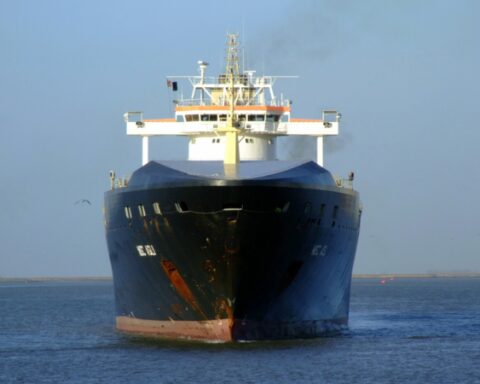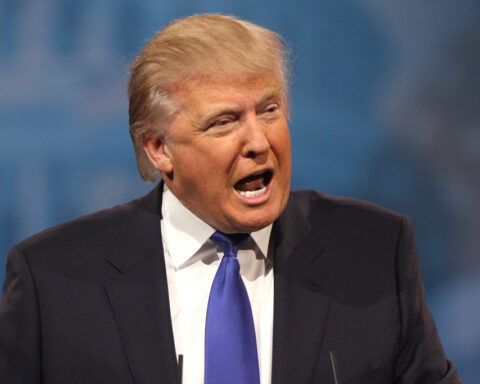In a dramatic demonstration of its long-range military reach, Israel on Tuesday reportedly carried out a surprise strike on Hamas political leaders meeting in Doha, Qatar — a move that blindsided the United States and underscored the Jewish state’s ability to act independently in defense of its security interests.
The strike, involving eight F-15s and four F-35s, was launched from the Red Sea to avoid Arab airspace, according to senior American officials. From that position, Israeli warplanes fired air-launched ballistic missiles that soared into space over Saudi Arabia before descending on the Qatari capital.
Israel notified the United States only minutes before the missiles were launched, too late for Washington to intervene. “Notice was given so close to actual launching of missiles that there was no way to reverse or halt the order,” a senior U.S. defense official said, describing the operation as “absolutely unimaginable.”
President Donald Trump was alerted by the U.S. military and quickly directed envoy Steve Witkoff to warn the Qataris, but the message arrived after the missiles had struck. “Unilaterally bombing inside Qatar, a Sovereign Nation and close Ally of the United States, that is working very hard and bravely taking risks with us to broker Peace, doesn’t advance Israel or America’s goals,” Trump later wrote on Truth Social.
The attack targeted Hamas figures Khalil al-Hayya and Zaher Jabarin, leaders who oversee the group’s international relations and fundraising operations. While both survived, some were seriously injured. Several lower-ranking Hamas officials and a member of Qatar’s internal security forces were killed.
A Wall Street Journal reporter who visited the site found the middle floor of the building destroyed but the rest largely intact, a sign of the precision of Israel’s munitions. Streets surrounding the compound were cordoned off by Qatari forces.
Qatar’s Prime Minister Mohammed bin Abdulrahman al-Thani denounced Israel’s actions before the U.N. Security Council, calling the government in Jerusalem “blusterous extremists” who “have gone beyond any borders, any limitations when it comes to behavior.” Yet in the Council’s official statement condemning the strike, Israel was not named — a reflection of quiet divisions among world powers.
The operation revealed both Israel’s strategic capability and the strains it creates with allies. The U.S. intelligence community has previously tracked Israel’s advanced missile arsenal, including systems dubbed “Golden Horizon” and “Rocks,” deployed alongside fighter squadrons in the Negev Desert.
The Trump administration was angered by Israel’s decision to withhold details. Trump, according to U.S. officials, expressed “deep frustration” in a call with Prime Minister Benjamin Netanyahu, pressing him on the wisdom of the strike. Netanyahu responded that a brief window had opened and “he took the shot.”
Despite the diplomatic fallout, Israel’s relations with Arab states under the Abraham Accords remain intact. None of those governments have suspended ties, though several expressed outrage and plan to meet in Doha to discuss a response.
Still, the strike complicated Washington’s ongoing efforts to build a regional air defense system linking Israel and Sunni Arab states against Iran. At the very moment of the attack, U.S. troops were conducting exercises in Egypt with Qatar, Saudi Arabia and others.
For Israel, the strike demonstrated a determination to pursue Hamas’s leadership even on the soil of a U.S. ally — a move that some critics say risks portraying the nation as a “loose cannon,” but which Israeli officials defend as part of their broader war effort.
[READ MORE: Canada Bets on Energy and Mining Projects to Loosen U.S. Grip on Economy]








